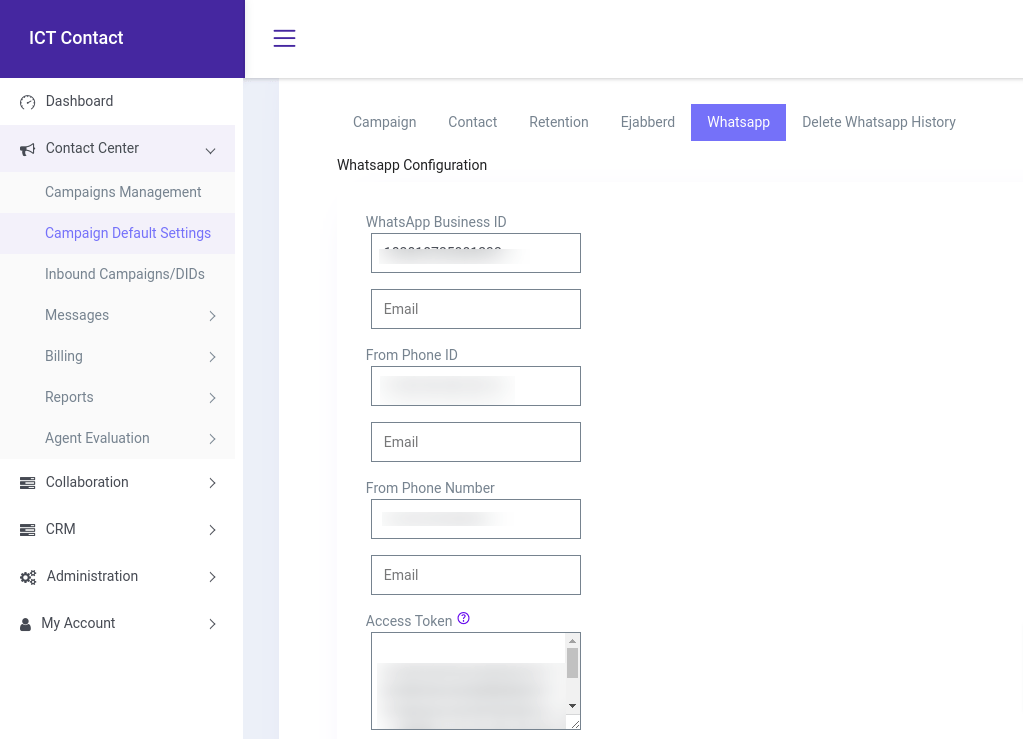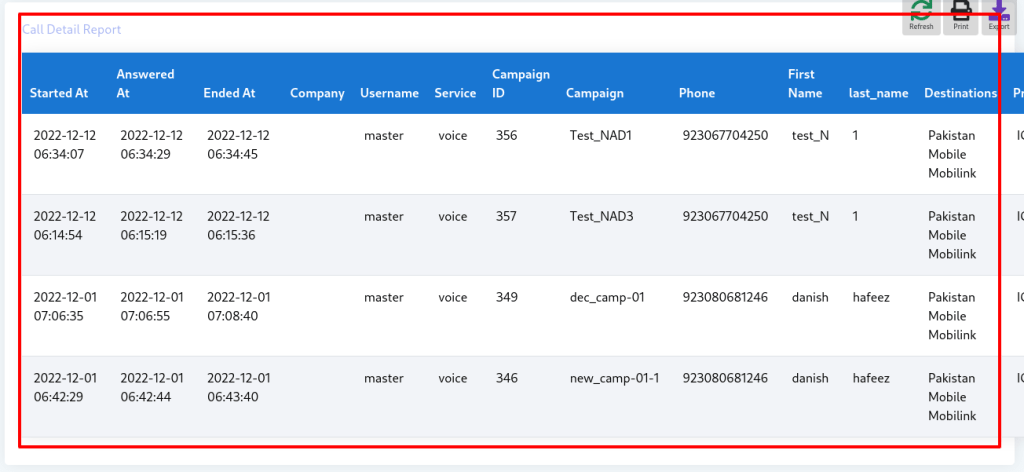In today’s fast-paced business environment, customer experience is paramount. As companies strive to differentiate themselves, the tools they use to engage customers can make a significant impact on their success. One of the most transformative technologies for enhancing customer interactions is Contact Center Customer Relationship Management (CRM) software. This article explores why investing in Contact Center CRM software is a game changer for businesses, highlighting its benefits, key features, and the competitive advantage it provides.
Understanding Contact Center CRM Software
Open source Contact Center CRM software is designed to streamline interactions between businesses and their customers across various communication channels. This includes phone calls, emails, live chats, social media, and more. By integrating customer data, communication history, and analytics, Contact Center CRM empowers businesses to manage customer relationships more effectively and efficiently.
Key Features of Contact Center Software:
1. Enhanced Customer Experience
Personalized Interactions
One of the standout features of Contact Center CRM software is its ability to centralize customer information. This allows agents to access detailed customer profiles that include interaction history, preferences, and feedback. As a result, agents can provide personalized service, which is crucial for improving customer satisfaction. Customers are more likely to remain loyal to a business that understands their needs and preferences.
Faster Response Times
In the age of instant gratification, customers expect timely responses. Contact Center CRM software equips agents with the tools they need to resolve inquiries quickly. With features like automated ticketing systems and call routing, inquiries can be directed to the appropriate agents without delay. This minimizes wait times and enhances the overall customer experience.
2. Contact Center Feature support
Omnichannel Support
Today’s customers interact with businesses across multiple channels. Contact Center CRM software enables businesses to provide seamless omnichannel support, ensuring that customers can transition smoothly between communication channels. For instance, a customer may start a conversation via live chat and continue it over the phone without having to repeat themselves. This continuity enhances the customer experience and reinforces brand loyalty.

Intelligent Call Routing
Intelligent call routing ensures that customer inquiries are directed to the most appropriate agent based on their expertise, availability, or customer history. This feature significantly reduces resolution times and increases the likelihood of first-contact resolution, which is vital for customer satisfaction.
Automated Ticketing System
An automated ticketing system simplifies the process of tracking and managing customer inquiries. When a customer reaches out, a ticket is automatically created, categorizing the issue and assigning it to the right department. This ensures that no inquiries fall through the cracks and that all customer concerns are addressed promptly.
Real-Time Analytics and Reporting
Advanced analytics and reporting capabilities provide insights into call volume, agent performance, and customer satisfaction. This data empowers managers to make informed decisions, identify areas for improvement, and adjust strategies to enhance overall service quality.

Self-Service Options
Self-service options, such as FAQs, knowledge bases, and chatbots, allow customers to find answers to their questions without needing to contact an agent. This not only reduces the workload on agents but also empowers customers to resolve issues at their convenience.
3. Improved Agent Productivity
Streamlined Workflow
Contact Center CRM software helps eliminate manual processes that can bog down agents. By automating routine tasks such as data entry and follow-up reminders, agents can focus on what truly matters—providing exceptional service. This not only increases efficiency but also enhances job satisfaction among agents, reducing turnover rates.
Comprehensive Dashboard
Agents benefit from a comprehensive dashboard that displays real-time metrics and performance indicators. This visibility allows them to prioritize tasks effectively, manage their workload, and identify areas for improvement. Managers can also use these insights to provide targeted coaching and support to enhance agent performance.
4. Data-Driven Decision Making
Centralized Data Analytics
Investing in Contact Center CRM software provides businesses with a wealth of data that can inform strategic decision-making. By analyzing customer interactions, businesses can identify trends, preferences, and pain points. This data can guide marketing strategies, product development, and customer support initiatives.
Predictive Analytics
Many advanced Contact Center CRM solutions offer predictive analytics capabilities. This allows businesses to forecast customer behavior and preferences based on historical data. By anticipating customer needs, businesses can proactively address issues, tailor their offerings, and improve customer retention.
5. Scalability and Flexibility
Adapting to Business Growth
Investing in Contact Center CRM software is a strategic move for businesses of all sizes. As companies grow, their customer base and communication needs evolve. A robust Contact Center CRM solution can scale alongside the business, accommodating an increasing volume of customer interactions without compromising service quality.
Customizable Features
Many Contact Center CRM solutions offer customizable features that allow businesses to tailor the software to their specific needs. This flexibility ensures that the CRM solution aligns with the unique workflows and processes of the business, enhancing user adoption and effectiveness.
6. Cost Efficiency
Reduced Operational Costs
While the initial investment in Contact Center CRM software may seem significant, the long-term cost savings can be substantial. By improving agent productivity, reducing customer churn, and streamlining processes, businesses can achieve a higher return on investment. Additionally, automating routine tasks can lead to lower operational costs and improved profit margins.
Increased Revenue Opportunities
A well-implemented Contact Center CRM solution can lead to increased revenue opportunities. By providing personalized service and anticipating customer needs, businesses can upsell and cross-sell more effectively. Happy customers are also more likely to refer friends and family, further expanding the customer base.
Conclusion:
In a world where customer expectations are continuously evolving, investing in Contact Center CRM software is no longer a luxury but a necessity for businesses aiming to thrive. The benefits are clear: enhanced customer experiences, improved agent productivity, data-driven decision-making, and seamless omnichannel support. Key features such as intelligent call routing, automated ticketing systems, and real-time analytics further amplify the effectiveness of Contact Center CRM solutions.
Ultimately, the decision to invest in Contact Center CRM software is a strategic move that positions businesses for long-term growth and success. By embracing this technology, organizations can create a customer-centric culture that fosters loyalty, drives revenue, and ensures they remain ahead of the competition. As the landscape of customer interactions continues to evolve, the businesses that leverage Contact Center CRM software will be the ones that emerge as leaders in their industries.
Leveraging Open Source in ICT
